We provide over 100+ FREE crypto articles on our SubStack! :D (Link on our profile). This is not financial advice.
TLDR:
As markets evolve, the economics governing the markets also evolve. Markets evolve due to technological advancements and new types of resources creation. Intangible resources are a new resource in the space today. Supported by technological advancements, these developments have reshaped the way we understand how markets work and can be designed.
Get smart: Technology has changed the way economic principles are being applied. The good news is that fundamental economic principles do not change. We just have a new resource to play with now.
General Conclusion
Traditionally, economics is the study of how resources are produced, consumed and distributed in a market. Resources are input factors to produce goods or services for commerce. They are factors of production. There are four main resources: labour, land, capital and entrepreneurship.
Economics is a “soft science” like psychology, political science and sociology, compared to a “hard science” like physics, biology and astronomy. As our ecosystems evolve due to technological upgrades and increased complexity of human behaviours, the analysis and objectivity in economics evolves with resource evolution.
The advent of new economic resources like information as a resource, and technology allowing for interaction between agents, has resulted in new economic fields. Many of the recent Nobel prizes were awarded in recognition of new economic approaches. For example, auction theory (2020), integrating technological innovations into long-run macroeconomic analysis (2018), nudge theory and choice architecture (2017), contract theory (2016), two-sided markets (2014), and market design (2012).
New Economic Resource: Intangible assets
The four traditional economic resources are land, labour, capital, entrepreneurship. These are traditional tangible resources.
In today’s digital ecosystems, a new resource has come into the picture: information (intangible resource).
4 Properties of this new resource
Sunk costs: these are costs that have already been paid for and consumed.
Spill-overs:
these are additional effects that can be both positive and negative. This is determined by the secondary impacts and implications related to the intangible assets created.
Scalability:
this is the ability to expand growth easily. The key feature in an intangible asset is that it has a non-rivalry characteristic. One person’s usage does not reduce the existence of the asset. The asset is also supercharged with “network effects”, a positive spill-over.
Two people in two cities can read the same article online at the same time. This is different to an article in a newspaper, where only one person at a time can read the newspaper because they are each in different physical places.
Synergies and complementarities: these are intangible assets that can produce synergies and complementarities with other assets, enhancing network effects. This helps networks to scale and produce positive spill-over effects, as opposed to substitutability.
[link] [comments]

You can get bonuses upto $100 FREE BONUS when you:
💰 Install these recommended apps:
💲 SocialGood - 100% Crypto Back on Everyday Shopping
💲 xPortal - The DeFi For The Next Billion
💲 CryptoTab Browser - Lightweight, fast, and ready to mine!
💰 Register on these recommended exchanges:
🟡 Binance🟡 Bitfinex🟡 Bitmart🟡 Bittrex🟡 Bitget
🟡 CoinEx🟡 Crypto.com🟡 Gate.io🟡 Huobi🟡 Kucoin.
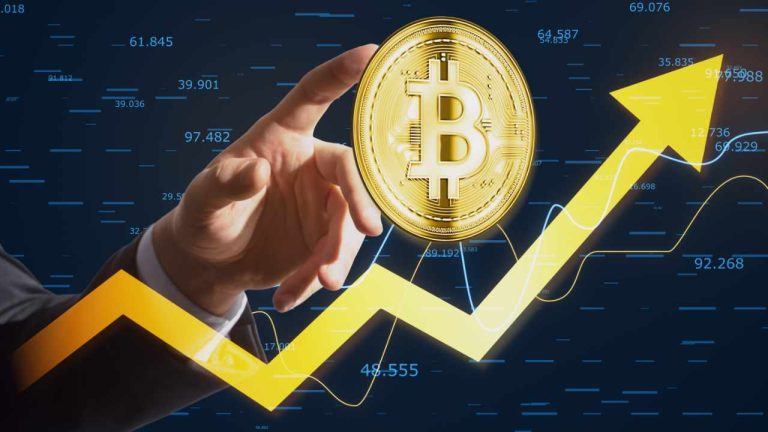
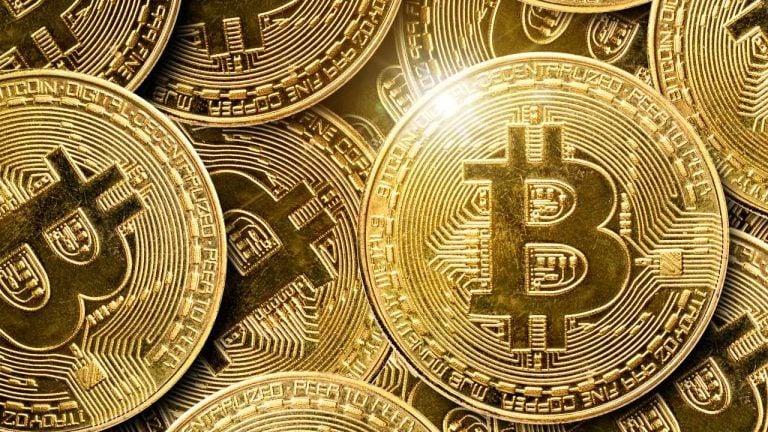
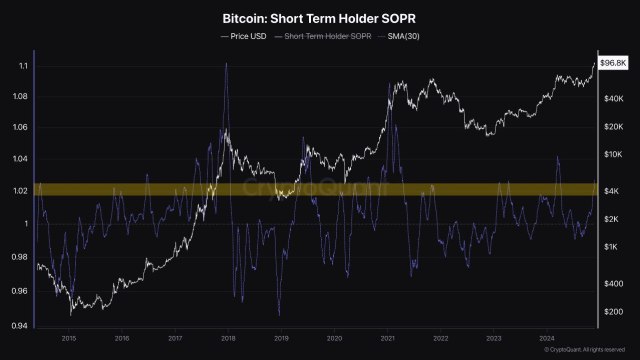
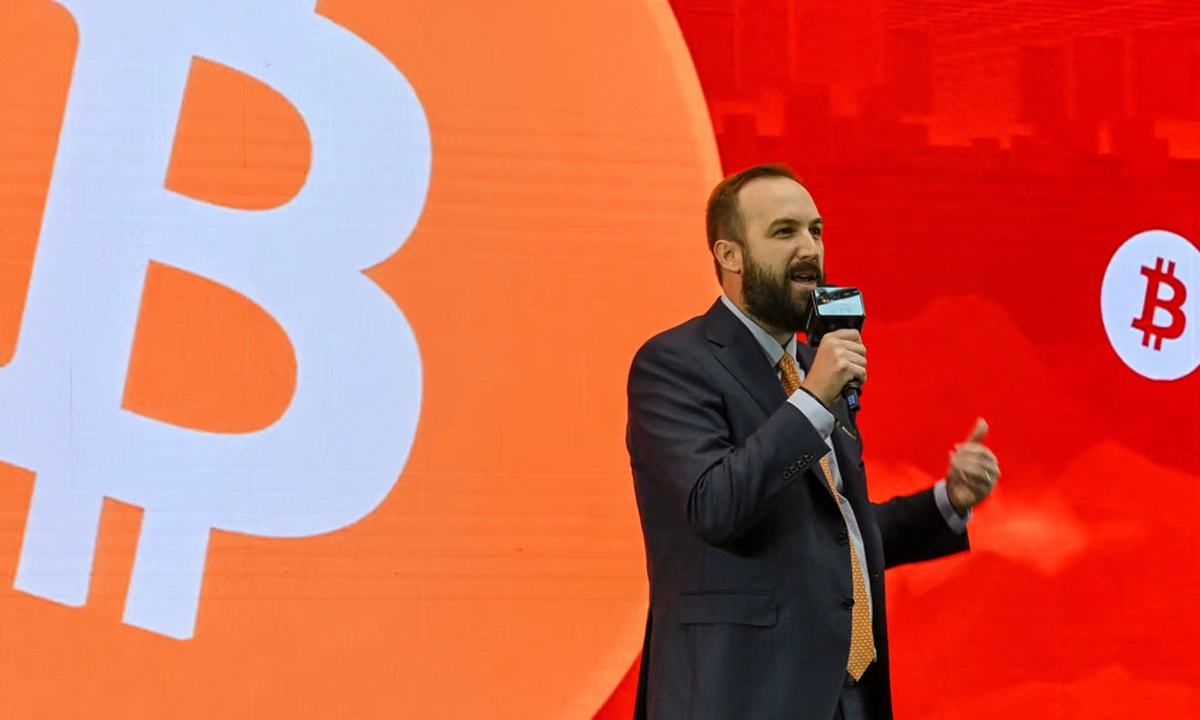



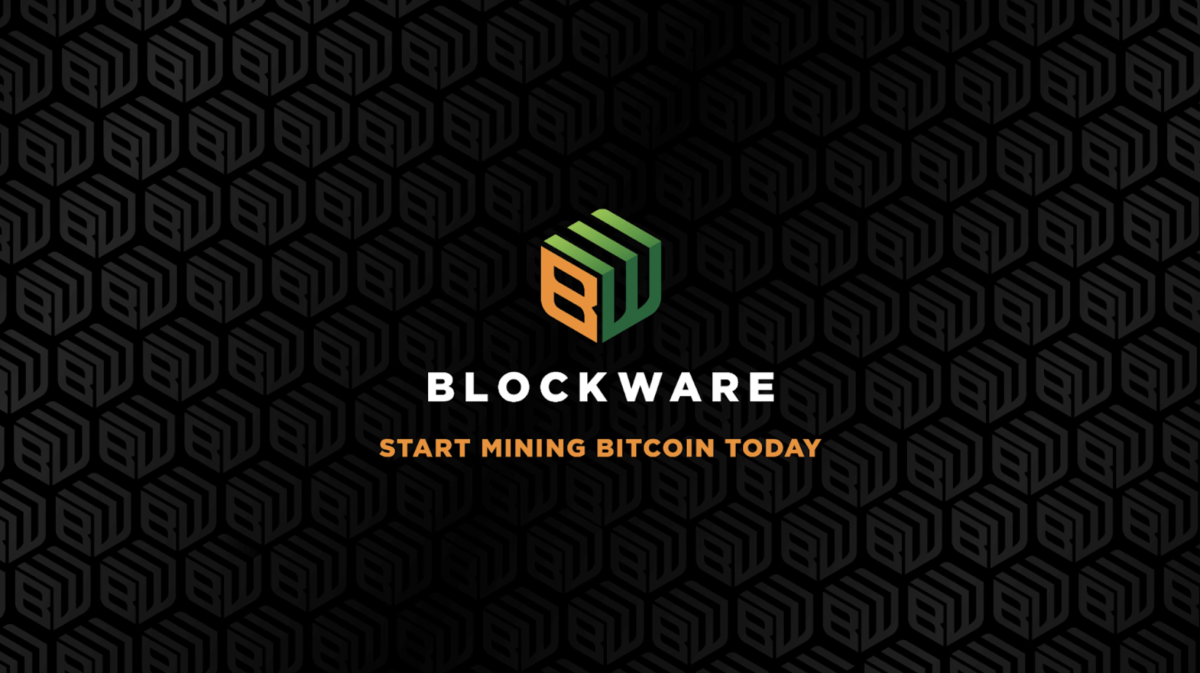
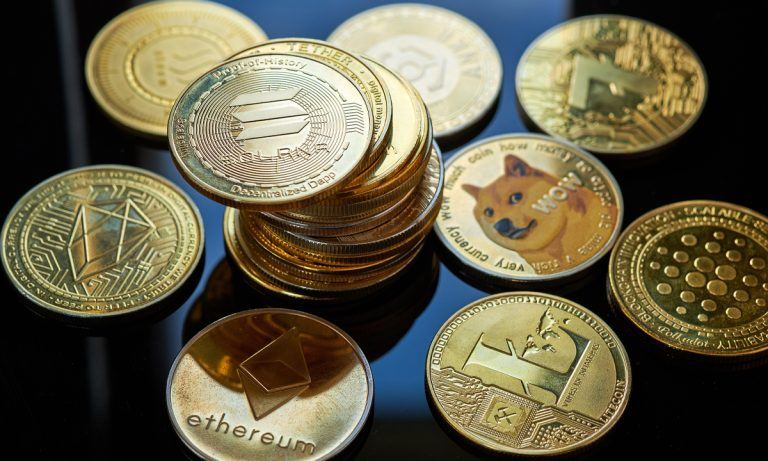

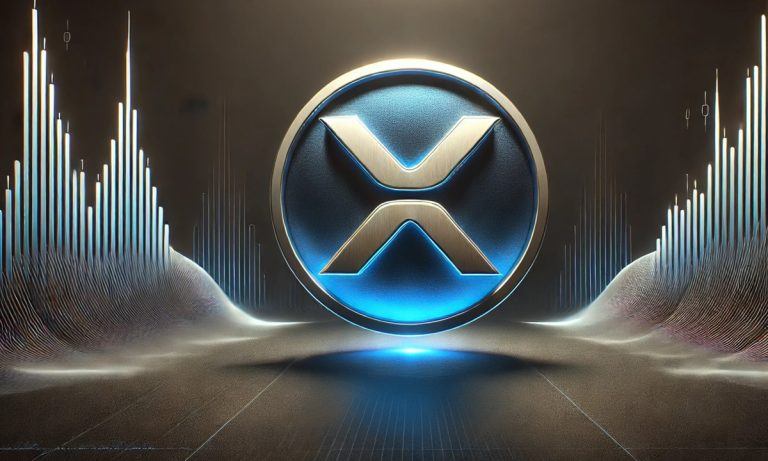
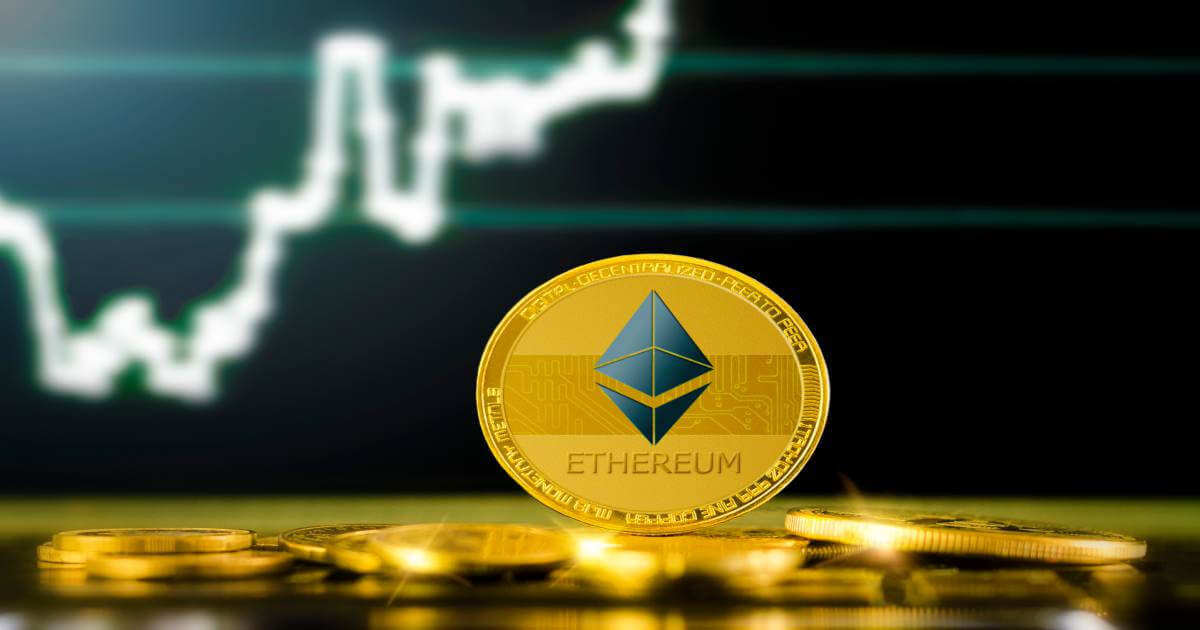

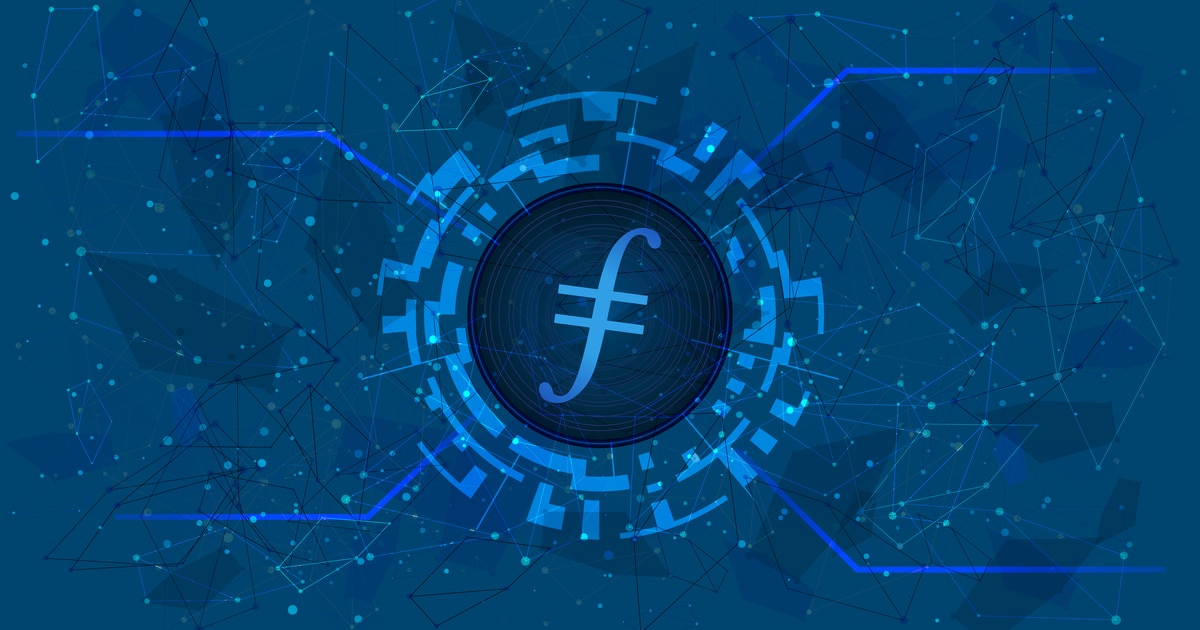



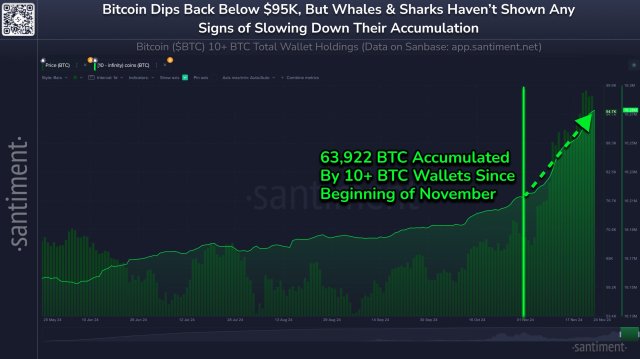


Comments